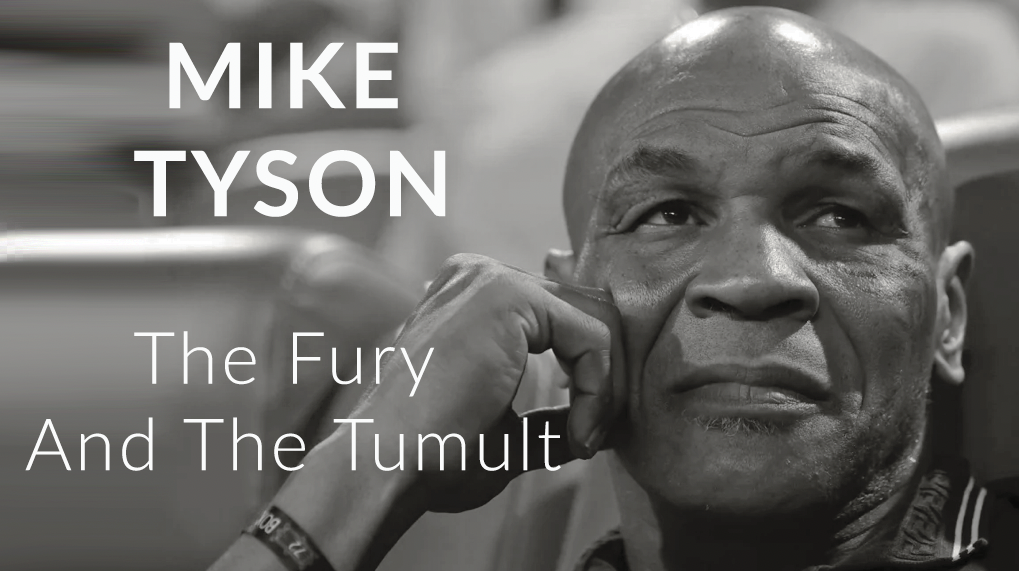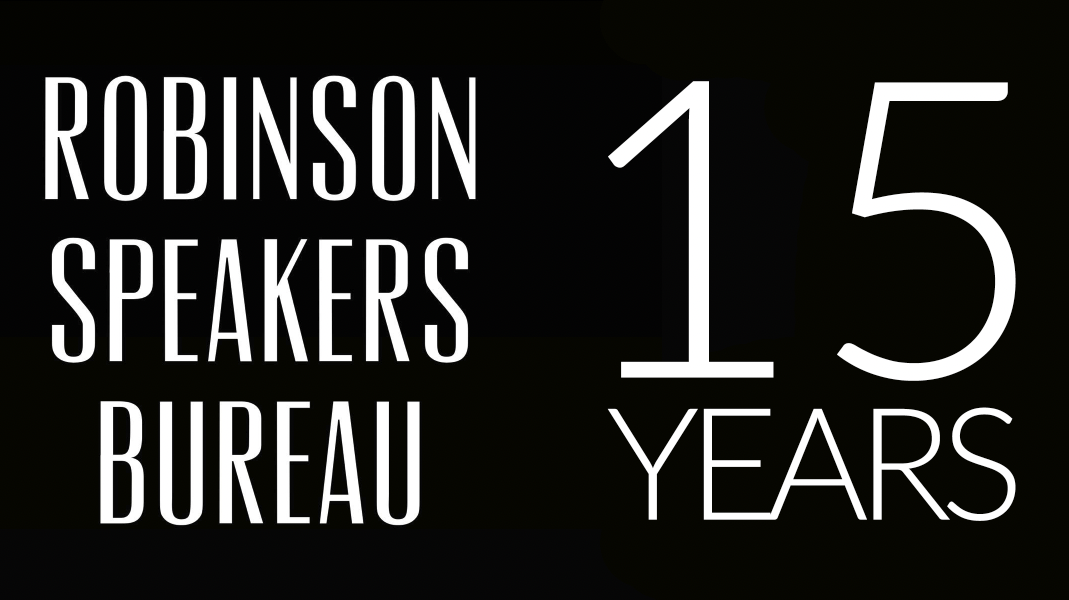
By James Robinson
When Mike Tyson slapped Jake Paul, the world stopped for a second. Maybe it wasn’t the slap itself—it wasn’t hard, not for Tyson. It was the idea of it. Mike Tyson, the most feared fighter on the planet once upon a time, brushing up against the sideshow carnival of YouTube boxing. The slap wasn’t rage, not really. It was theatrics. But also a reminder that Tyson’s shadow still looms, even in a world where boxing is traded for clickbait.
And the slap—real or metaphor—was Tyson’s way of still casting that shadow. The question is, had he traded his killer instinct for wisdom? Or was there still something feral and untamed beneath the surface?
On November 22, 1986 the answer was clear. Trevor Berbick walked into the ring as the undisputed heavy weight champion. Halfway through Round 2, he was on his back, blinking at the lights. Tyson barely broke a sweat. The fight was over, and overnight Mike Tyson became the biggest name in sport.
A new predator had arrived, from a training camp up in the Catskills. Berbick didn’t lose because Tyson hit him hard—though he did. He lost because he was prey. At 20 years old, Tyson was now the youngest heavyweight champion in history, a brutal mix of power and precision, able to knock out opponents with either hand. Every punch was like a hammer blow. The ring was his hunting ground, and no one survived long in his world.
But that world had an expiration date, and Tyson’s own demons would see to it that his reign was short-lived.
The seeds of Tyson’s ferocity were planted long before he stepped into the ring with Berbick. At 15 years old, Tyson stood beside his trainer and surrogate father, Cus D’Amato, watching Muhammad Ali get beaten up by Larry Holmes. The Ali that Tyson idolized—the brash, invincible king of boxing—was no longer there. Holmes was merciless that night, practically putting Ali in hospital. He never quite recovered. And it broke Tyson’s heart.
Cus, sensing the moment, placed a hand on Tyson’s shoulder and said, “Are you ready to take the throne from this man?” The words burned into Tyson’s soul. He swore to avenge Ali, to restore his hero’s legacy. To become the greatest fighter that ever lived. To this day, Tyson can’t speak about that night without breaking down.
Fast-forward to 1997. Tyson’s aura of invincibility is gone, chipped away by years of bad choices, a prison stint for rape, cocaine, and his first loss to Holyfield in ‘96. But this isn’t about the loss—it’s about what Tyson did to try to win. One of the ugliest moments in sports history.
Mike Tyson was the villain, the monster in the shadows, the guy parents warned their kids about. Tyson’s ferocity was untethered. And the world ate it up.
We need guys like Tyson–the cautionary tale. We love our villains. They make us feel safer, better, cleaner. Tyson gave us someone to point at—a scapegoat for our own darkness. Watching him self-destruct made us feel righteous. And we loved to hate him.
But villains are complicated. The world builds them up to tear them down. And in Tyson’s case, we wanted redemption. Not for him—for us. If Tyson could claw his way back, maybe we weren’t as broken as we thought. And Jake Paul’s natural born marketing instincts latched onto this like a pitbull.
It’s hard to pinpoint where Mike’s destruction started. Maybe it was the money. The $400 million that came and went like a storm. Maybe the women. The entourage. Or Don King, the promoter with the smile of a shark. Tyson fell fast and hard, and the bad choices came in waves.
Bankruptcy followed, a surreal fall for a man who once owned tigers and mansions like they were baseball cards. Brawls in public. Tattoos across his face. The world watched Tyson’s life unravel like a slow-motion train wreck.
But that wasn’t the end for Mike.
June 8, 2002. Memphis, Tennessee. Tyson stepped into the ring once more, desperate for money. This time with Lennox Lewis, the 6ft 6” Olympic gold medalist from West Ham, London. He was also the reigning heavyweight champion of the world. This was Mike’s chance. Even in the pre-fight bluster, Tyson threatened to eat Lewis’s children. But inside the ropes, the story was different.
For nine rounds, Lewis punished Tyson. Every time he got close, Lewis’s left jab thumped into his face, snapping his head back like a crash test dummy. Jab, jab, hook, upper cuts, split eyebrows, blood down the face. And to his eternal credit, Tyson kept moving forward. But the “Baddest Man on the Planet” had eyes that were swollen shut.
In the ninth round, Tyson hit the canvas for the last time, his neck resting on the ropes, beaten, alone, unrecognizable. His face was so puffy it hardly looked like him. Mike’s life and career was in shatters. And that day always arrives when boxers don’t know when to quit.
Years later, Tyson sat across from Tony Robbins. The conversation turned, as it often does with Tyson, to pain. He talked about his past—his fists, his rage, his drug addicted parents and his hunger to hurt. And then something strange happened. Tyson broke down.
He wasn’t talking about his bank account or his fame. He was talking about the man he used to be. The animal in the ring. The young, scared kid from Brownsville who turned his fear into destroying his competitors.
The podcast showed a new Tyson: a man doing the hard, spiritual work of facing himself. It wasn’t pretty–it was real. Tyson wasn’t running anymore.
Last Friday night, Tyson stepped into the ring again, not against a boxer but against a brand. Jake Paul, a YouTuber turned boxer, with millions of fans and dollars riding on the fight. The match was eight rounds, two minutes each. Exhibition rules. No real stakes, except for pride and a payday—$20 million for Tyson.
But here’s the thing: Tyson didn’t swing for the fences. He didn’t unleash the fury. It was as if the delivery vehicle had broken down. Instead, he danced. He jabbed sporadically, kept his distance, and moved just enough to avoid the punches.
Was it a conspiracy? Maybe. A gentleman’s agreement to keep things light. Or maybe it was something deeper. Maybe Tyson, at 58, didn’t want to hurt the kid. Maybe he saw too much of himself in Paul. Or maybe, just maybe, Tyson knew the real fight wasn’t in the ring anymore.
There’s a saying in boxing: Father Time is undefeated. No one escapes the clock, not even Tyson. His body doesn’t move like it used to. His punches don’t carry the same weight. But Tyson’s greatest transformation isn’t physical. It’s emotional.
He’s no longer the “Baddest Man on the Planet.” He’s something else now—a man with scars and stories. A man who’s traded the roar of the crowd for peace and family. A man who can look in the mirror and see something other than rage.
In his prime, Tyson was a weapon. Now, he’s something else entirely. He’s big enough to forgive. Big enough to feel. Big enough to show the world that even the hardest men can change.
Tyson’s spiritual journey is no gimmick. He’s done the work—therapy, meditation, psychedelics. He’s faced his demons and come out the other side. He’s still a fighter, but the battles are internal now.
Mike Tyson is a walking contradiction. A man who once lived for violence, now preaching peace. A fighter who’s found the courage to stop fighting. The slap, the shocking mistakes, the knockouts—they’re all part of his story. But they’re not the whole story. That’s in the cracks and creases, the moments of doubt and redemption. Tyson’s greatest fight isn’t against another man anymore. He’s done that. It’s against himself. And in that fight, he’s finally starting to win.
